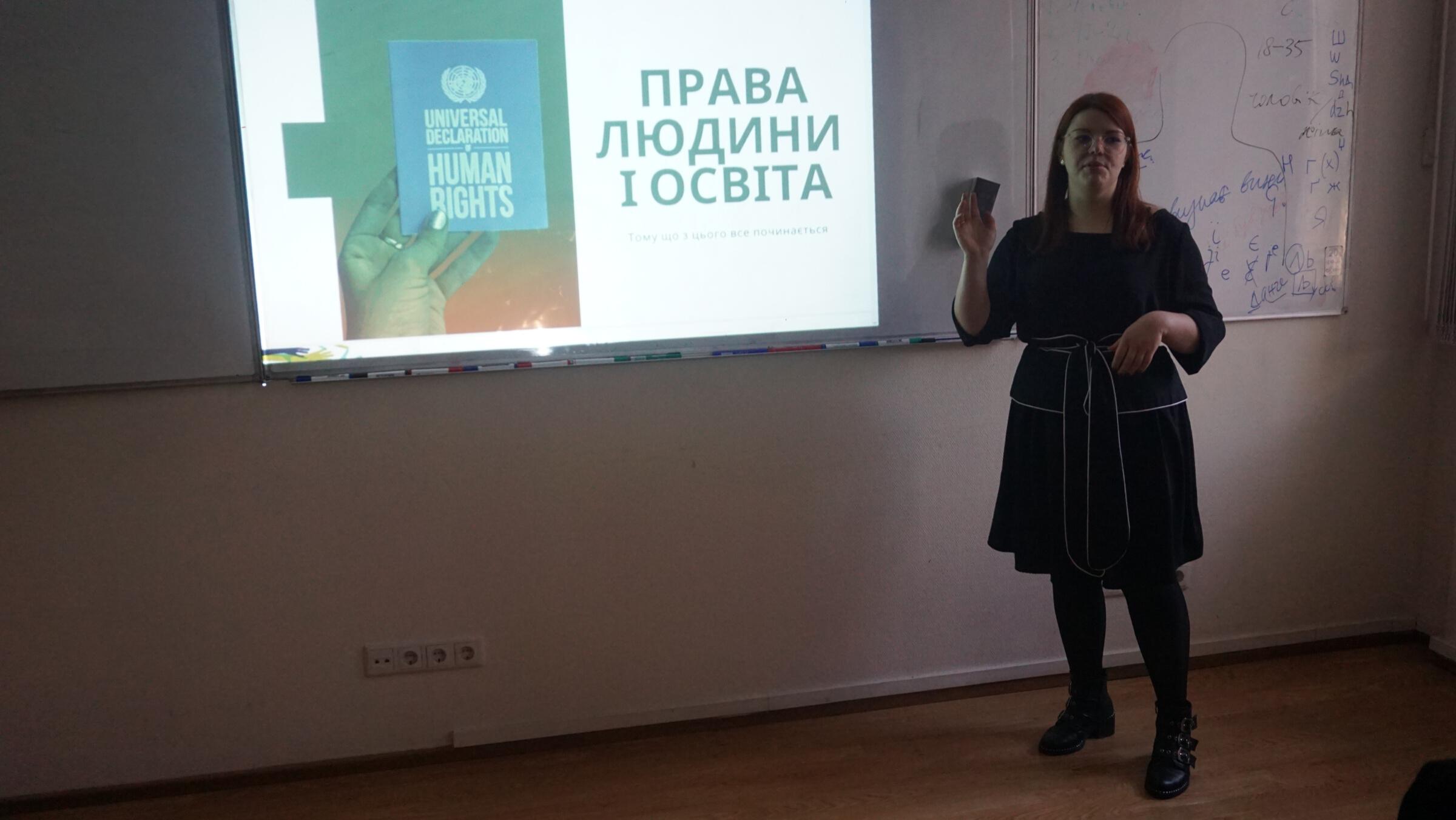
2 minute read
SCM Ukraine - Training on the "Anatomy of extremism: identifyingtheproblem,afirststeptowardssolvingit"
30November2019,Kiev,Ukraine
Another youth-led initiative was organised in November 2019, in Kiev, Ukraine, and carried the title “Anatomy of Extremism” The training session aimed to explore the different concepts of extremism, extremism leading to violence, radicalism, populism, and to understand their meaning in the Ukrainian context. The meeting gathered 15 young people and was guided by an expert in human rights education
Advertisement
The participants watched a few excerpts from national news, which mentioned the word “extremism” in various situations. The cases presented involved right-wing radicalism towards different political parties, aggression towards feminism, and discrimination and violence against different religious groups. All those cases showed a wide range of emotions and different levels of violent actions - from moral pressing and hate speech, to the destruction of property and murders.
At the end of the training, all the participants had a task to create communication strategies on how to inform young people and older generations, as well as different social groups, about the risks of extremism leading to violence and ways to prevent it
"First of all, let me express my gratitude for the organisation of the training on combating youth extremism. This topic is very relevant for Ukraine. Discussion of national and international practice creates understanding of the issue and possible solutions, (it) creates connections between active members of civil society. I noticed that all the participants had absolutely different backgrounds. All of themexpressedpositiveopinionsaboutcontentofthetraining,trainersandactivitiesorganised.Thank youforputtingsomucheffortintothistraining.Andgoodluckinyourfutureendeavors."
"I learned a lot of new things about extremism among young people. I have never learned this topic in detail (before). I understood then that it isnotonly(a)politicalorsocial,butalsocultural problem. I liked the speaker very much. She was averyhighlyqualifiedspecialist.It(thetraining) was organised really well. I liked that really warmatmosphere."
DariaSukhostavets SCMUkraine
SCMBelarus-Seminaron"ReligionandViolence"
21-23December2019,Minsk,Belarus
WSCF-Europe Student Christian Movement in Belarus hosted a seminar that engaged young people in critical reflection on the topics of violence and fundamentalism, particularly on how fundamentalism and extremism can lead to violence, especially among young people The focus was on the Belorussian context, and participants reflected on the negative and positive role of religion and the church, and how youth can play a role in bringing about positive societal change.
The topics discussed during the seminar were important and relevant for young theologians and members of the ecumenical movement in the country It’s not a popular topic of theological and political reflection in Belarus to see the church itself, its doctrines, practices and structures, as a part of a problem
This sometimes leads to situations in which hate speech, in the name of God, is not being challenged, situations of oppression in the church itself, or situations in which, in public debates and in important cases of violence in Belarus, major churches take the side of oppressors and perpetrators, the side of the government and not of the human rights activists. Among the major concerns presented was also the fact that the church is silent, not speaking out on the issues of death penalty and repression against minorities. The participants also discussed the role of the church in gender equality and in challenging domestic violence. “It is time to question ourselves, our communities and our leaders,










